JAJS189U January 2006 – September 2024 TPS737
PRODUCTION DATA
- 1
- 1 特長
- 2 アプリケーション
- 3 概要
- 4 Pin Configuration and Functions
- 5 Specifications
- 6 Detailed Description
- 7 Application and Implementation
- 8 Device and Documentation Support
- 9 Revision History
- 10Mechanical, Packaging, and Orderable Information
パッケージ・オプション
デバイスごとのパッケージ図は、PDF版データシートをご参照ください。
メカニカル・データ(パッケージ|ピン)
- DCQ|6
- DRV|6
- DRB|8
サーマルパッド・メカニカル・データ
発注情報
7.2.3 Application Curves
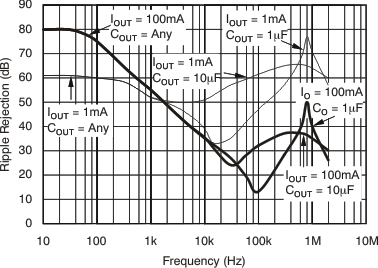
| Legacy silicon |
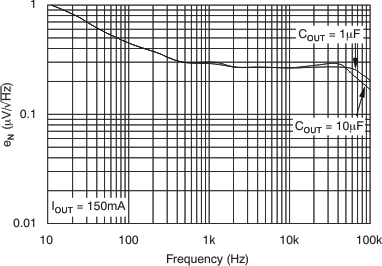
| Legacy silicon |
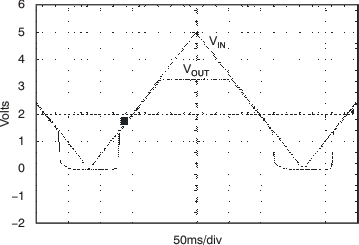
| Legacy silicon |
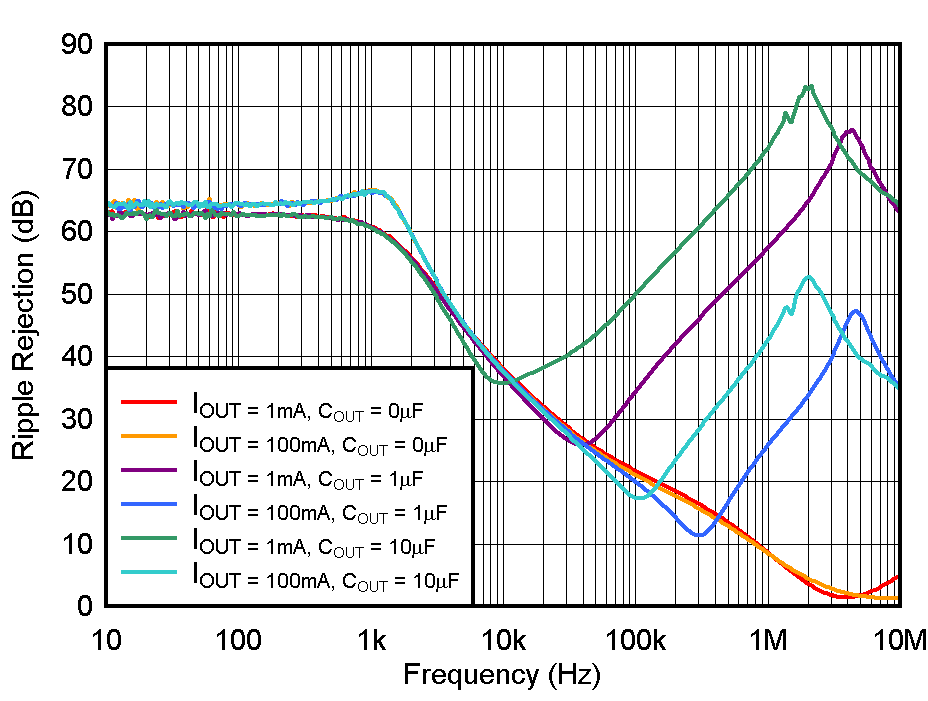
| New silicon |
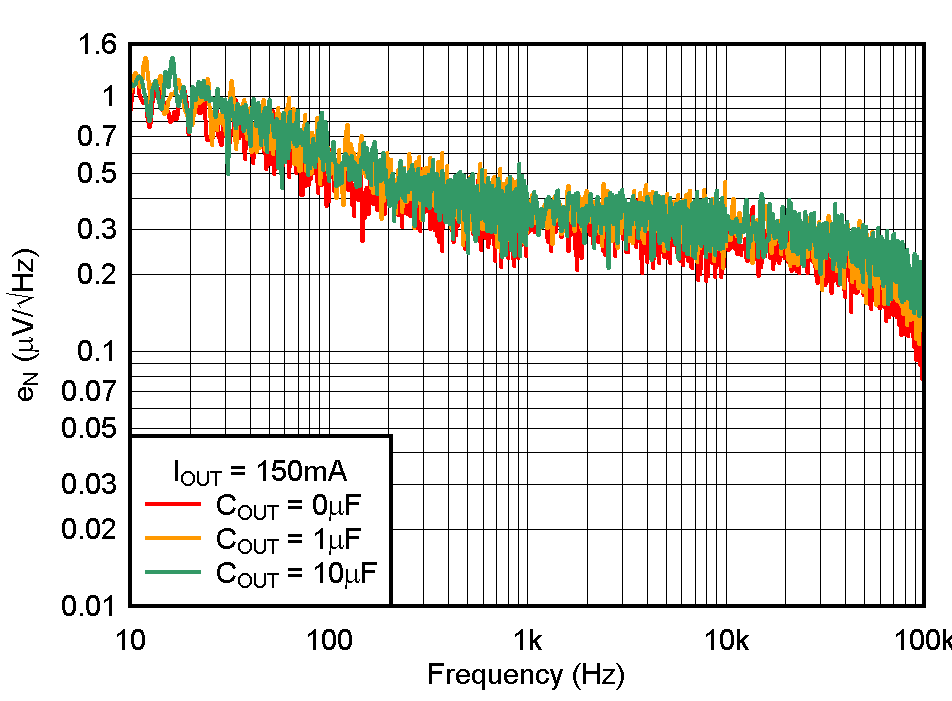
| New silicon |
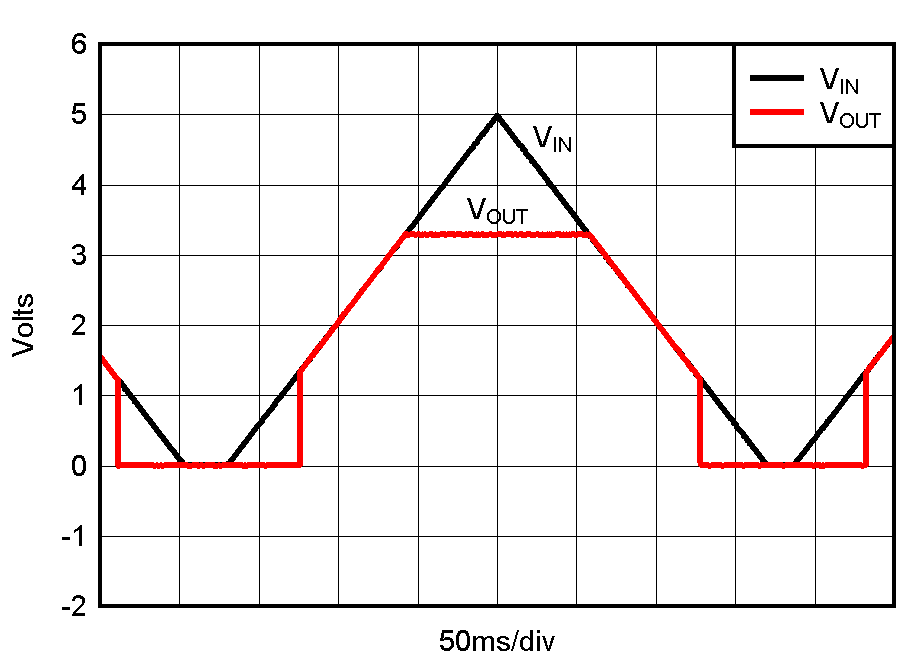
| New silicon |